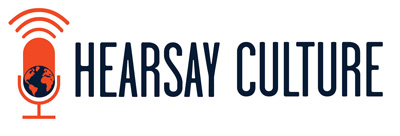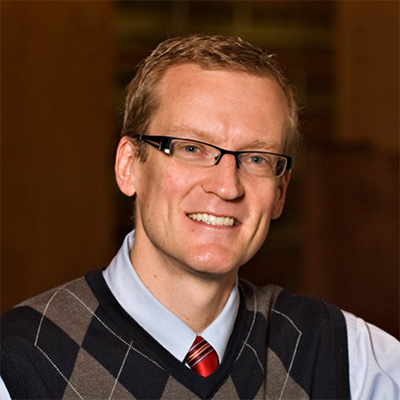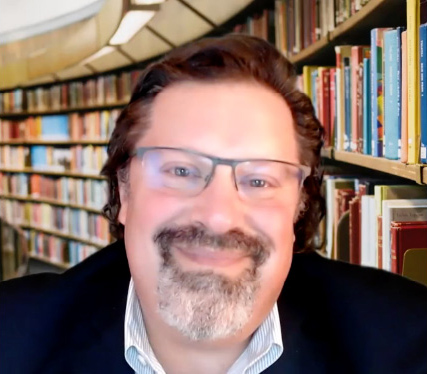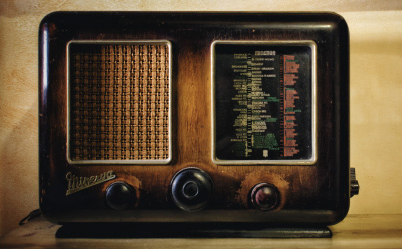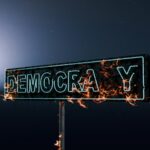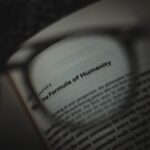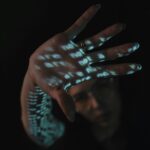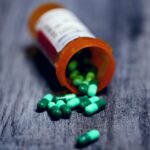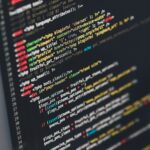Surveillance, predictive policing, and society
What if the government used computer software to analyze your potential criminal profile—before you committed any crime? Odd as it seems, what if the profiling was biased, or just plain wrong? How far can governments go to prevent crime with technology?
The late law professor Michael Rich was on the leading edge of these issues in 2013. From the systems that measure blood alcohol levels before drivers start their engines, to drone surveillance, Dave and Rich discussed the role of technology in crime prevention. The article discussed in this interview has been called one of the single most important works in the predictive policing scholarly world.
“If there is a crime that the government should make impossible, it is probably a crime like drunk driving [because] . . . it is not in itself an intentional crime. People don’t go out with the goal of getting drunk and driving. Instead, it is a risky activity that people engage in because they have gotten themselves in the position to do so.” – Michael Rich
“A crime is born in the gap between the morality of society and that of the individual.” – Håkan Nesser, a crime fiction novelist

